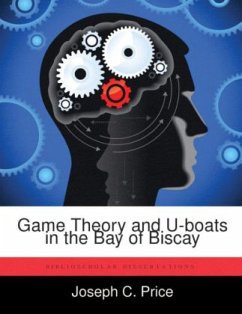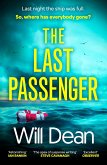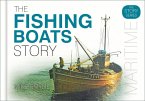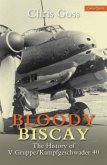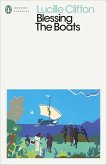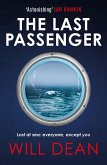Analysis of a large combat campaign using game theory is difficult due to non-linearities and other soft factors which exist in a complex system. However, game theory can give decision makers insight into strategies and outcomes that can be utilized to maximize one's objective. Agent-based simulation provides the means to model complex systems with non-linearities, by allowing for interactions among independent "agents." This thesis investigates game-theoretic strategies in agent-based simulation, modeled after the Allied search for U-boats in the Bay of Biscay during World War II (WWII). It also looks into the effects of adaptation on strategies by comparison to fixed-strategy results.
Hinweis: Dieser Artikel kann nur an eine deutsche Lieferadresse ausgeliefert werden.
Hinweis: Dieser Artikel kann nur an eine deutsche Lieferadresse ausgeliefert werden.

